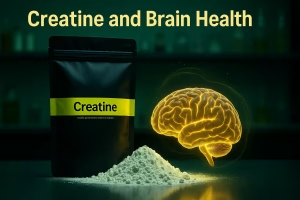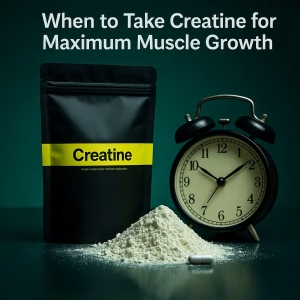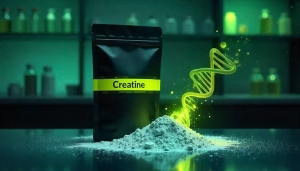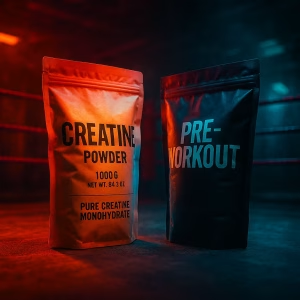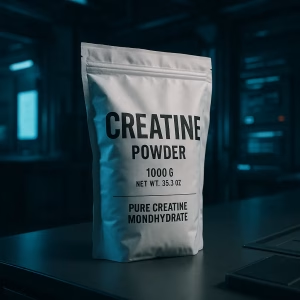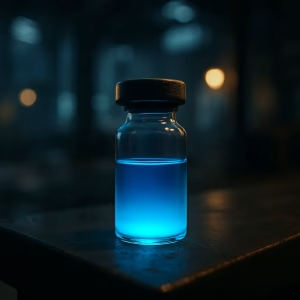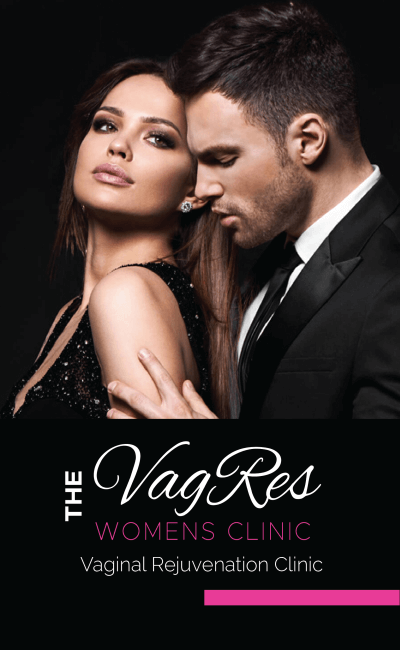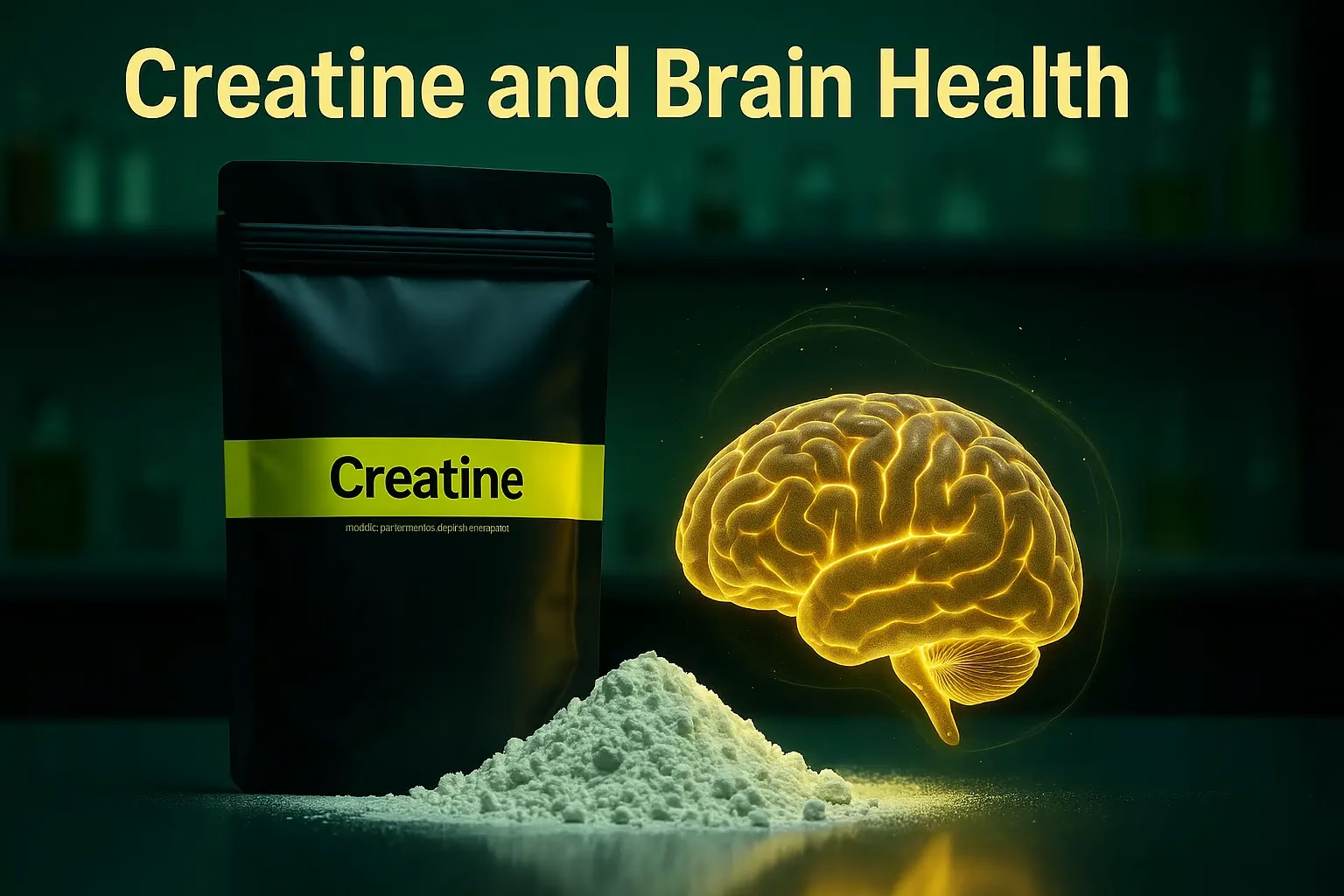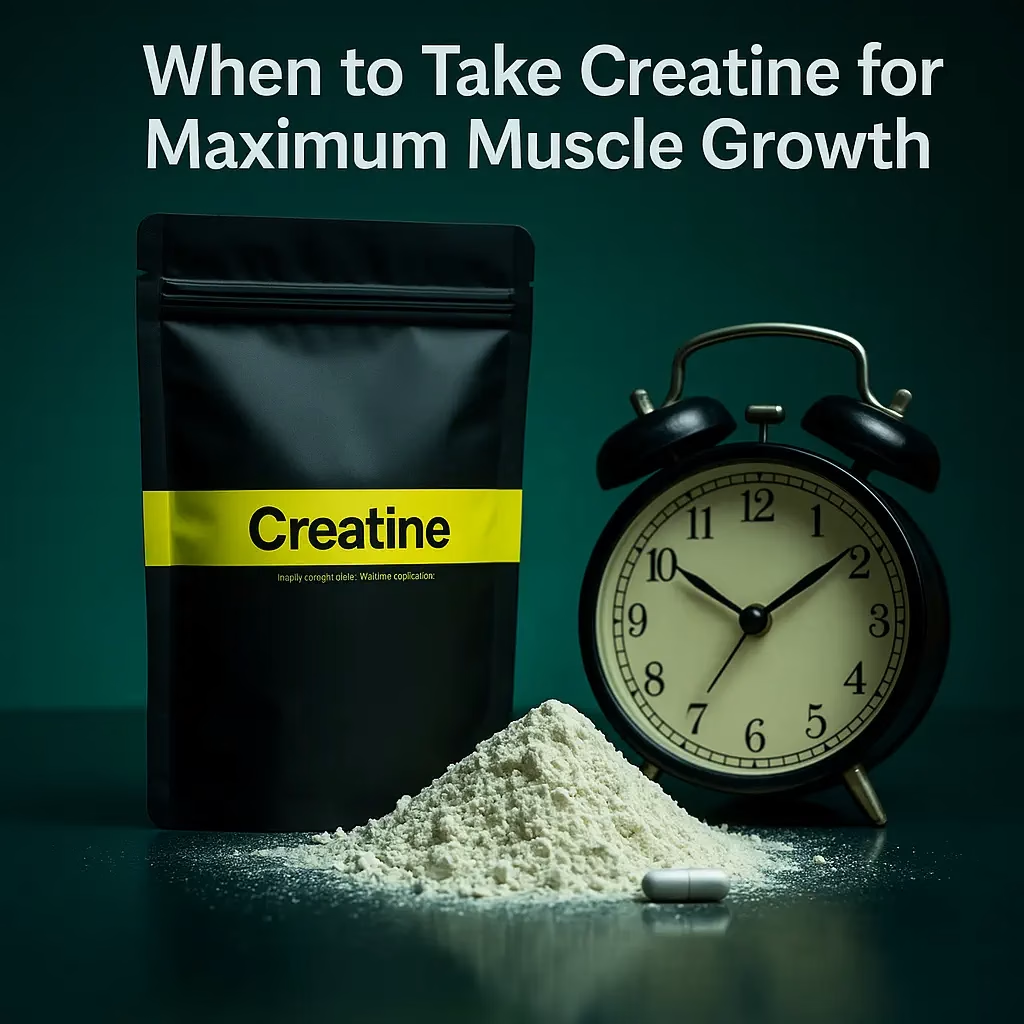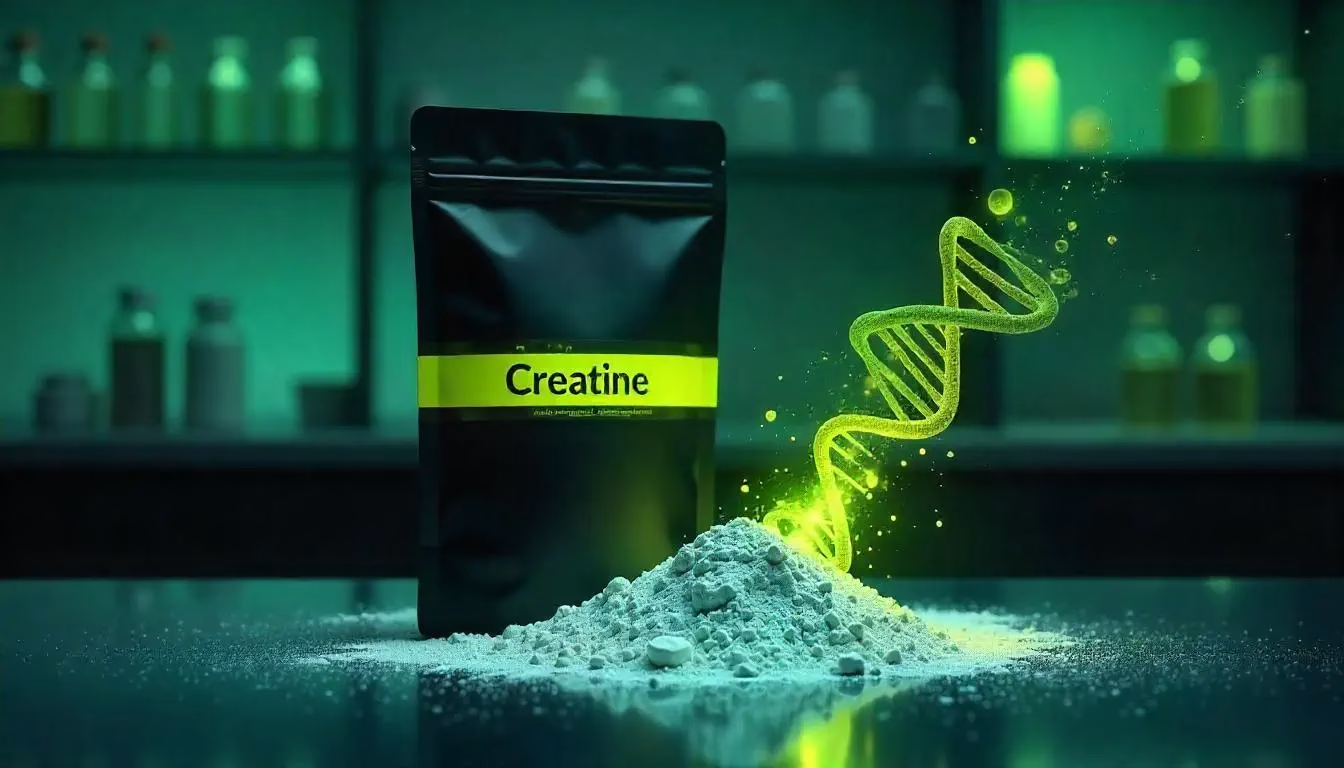Cold plunge therapy, an ancient practice that has recently gained popularity in the wellness industry, provides a refreshing approach to improved well-being. This detailed article goes into the heart of cold plunge therapy, revealing its advantages, hazards, and how to safely include it into your daily routine for mental clarity and physical robustness.
The Cold Hard Truth About Cold Plunge Therapy
Cold plunge therapy is essentially the technique of immersing oneself in cold water, which has been venerated for ages across numerous cultures for its rejuvenating effects on the mind and body. Contemporary research sheds light on why this chilly feeling is more than just a test of willpower.
It’s a gateway to multiple health advantages, both scientifically and traditionally confirmed.
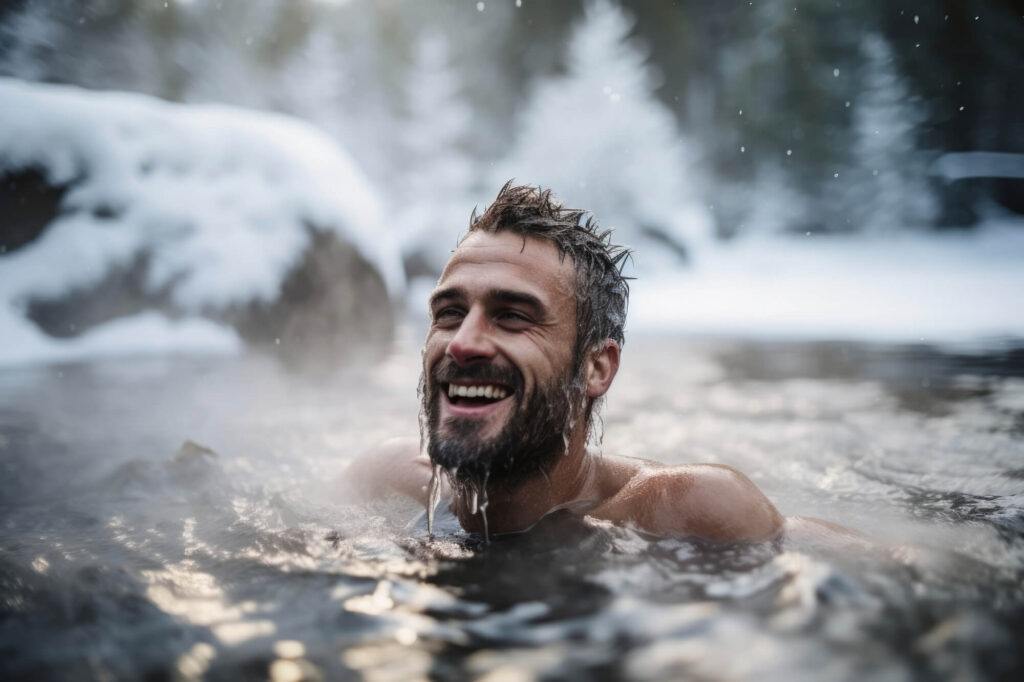
Advantages of Cold Plunge Therapy
- Reduces Inflammation: Helps decrease swelling and inflammation in muscles and joints.
- Pain Relief: Acts as a natural anesthetic, numbing nerve endings and dulling pain.
- Speeds Up Recovery: Accelerates muscle and tissue recovery after intense physical activity.
- Boosts Mood: Releases endorphins, enhancing mental clarity and improving mood.
- Enhances Circulation: Improves blood flow and cardiovascular health.
- Strengthens Immune System: Stimulates the immune response, increasing resistance to illnesses.
- Reduces Stress: Promotes relaxation and reduces stress levels.
- Improves Sleep: Enhances sleep quality by regulating body temperature and promoting relaxation.
- Increases Energy Levels: Provides an invigorating boost, increasing overall energy and alertness
Cold Plunge Benefits at A Glance
Mental Clarity and Mood Improvement
Cold exposure also releases endorphins and boosts mood, clearing mental fog like a brisk morning jog.
It’s like opening a window in a stuffy room, letting in fresh, invigorating air.
The endorphins released during cold therapy can improve your overall sense of well-being, reduce stress, and enhance mental clarity.
This can be particularly beneficial for those who suffer from chronic pain, as it often accompanies feelings of depression and anxiety.
By incorporating cold therapy into your routine, you can create a more balanced and positive mental state, helping you to cope better with the challenges of chronic pain.
The shock of cold water increases the release of endorphins, the body’s natural mood boosters, providing a natural high.
Physical Wellbeing:
The physical effects are as striking, with improved immunological response, rapid fat burning, and faster recovery after exercise.
Immersion in cold water has been demonstrated to improve white blood cell circulation and metabolic activity, resulting in a healthier, more resilient body.
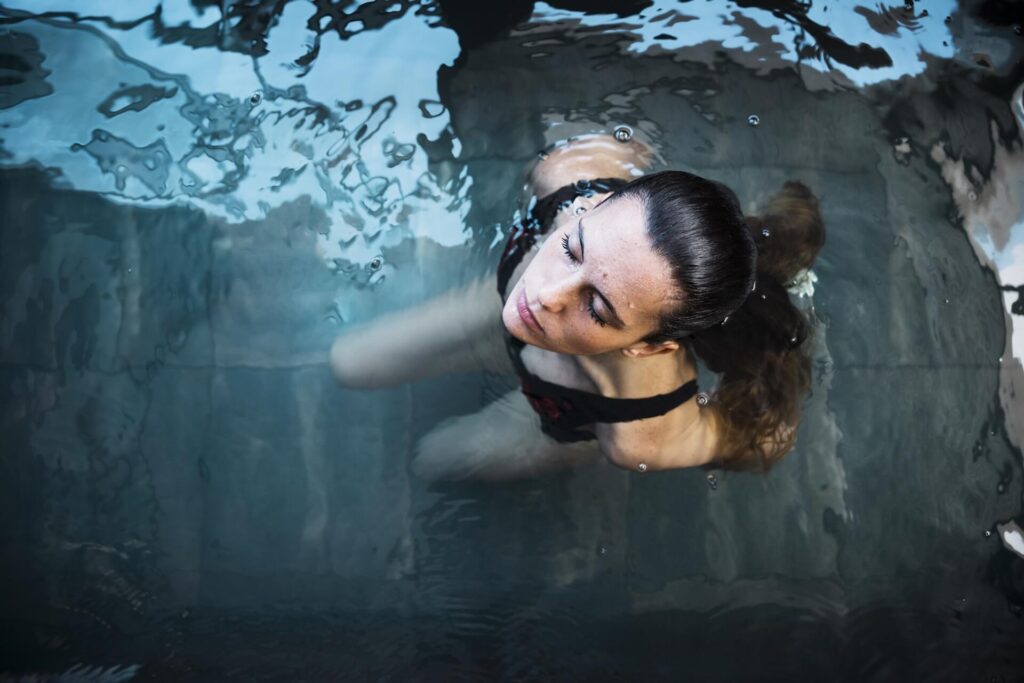
Resilience Training:
Regular exposure to cold water trains the body and mind to cope with discomfort, potentially leading to lower stress levels in daily life.
This type of therapy works as a regulated stressor, strengthening the nervous system and enhancing the person’s ability to cope with stress.
The research on cold plunge therapy, also known as cold water immersion, spans several disciplines, including physiology, psychology, and sports medicine, exploring its effects on human health, performance, and well-being. Below are key areas of research that provide insight into the extensive benefits and mechanisms of cold plunge therapy.
Physiological Responses
- Immune System Boost: Studies have shown that regular cold water immersion can increase the count of white blood cells and other immune system components, potentially boosting the body’s defense against infections.
- Improved Circulation: Cold water constricts blood vessels, which widen when warm, improving cardiovascular circulation and reducing inflammation.
- Increased Metabolic Rate: Due to the body’s struggle to generate heat, cold increases metabolic rate, which can help burn fat and lose weight.
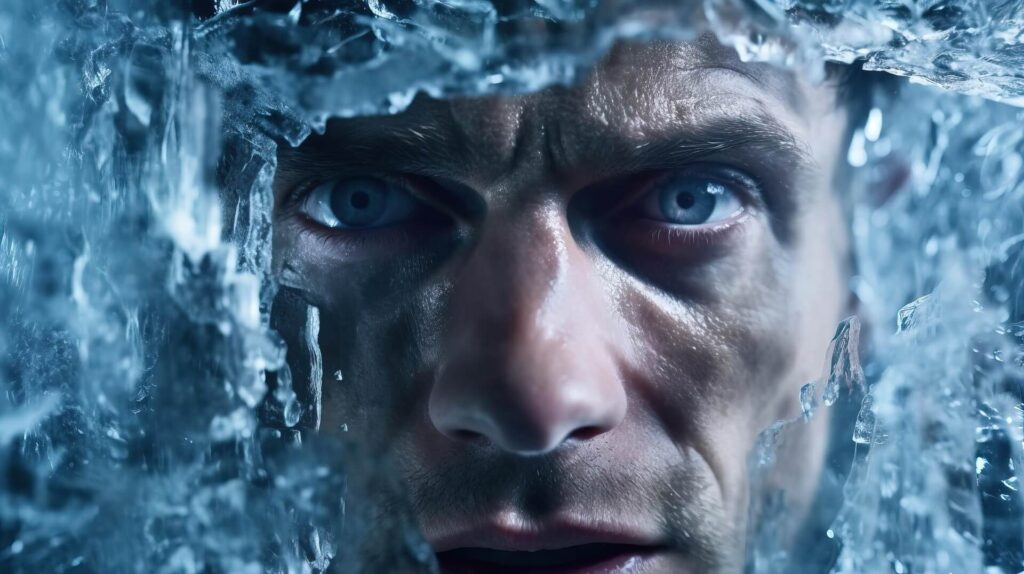
Psychological and Mental Health Benefits
- Enhanced Mood and Mental Clarity: Cold plunges can trigger the release of endorphins, known as “feel-good” hormones, leading to improved mood, greater mental clarity, and a reduction in symptoms of anxiety and depression.
- Stress Reduction: Cold exposure briefly raises stress hormones, potentially strengthening the nervous system and reducing stress over time.
Performance and Recovery in Athletes
- Reduced Muscle Soreness: Athletes use cold water immersion as a recovery method to reduce muscle soreness after intense training sessions or competitions.
- Enhanced Recovery: Cold plunges can help reduce inflammation and speed up the muscle recovery process, potentially improving subsequent performance.
Mechanisms Behind the Benefits
- Thermogenesis: Cold exposure stimulates brown fat, a type of body fat that generates heat, promoting thermogenesis and increasing calorie expenditure.
- Vagal Tone Improvement: Regular cold exposure is believed to improve vagal tone, which can enhance parasympathetic nervous system activity and contribute to better heart rate variability, an indicator of stress resilience and overall health.
- Hormetic Stress: Cold plunges act as a form of hormetic stress, exposing the body to small, manageable stress doses that can lead to improved stress resilience, similar to the concept behind vaccinations.
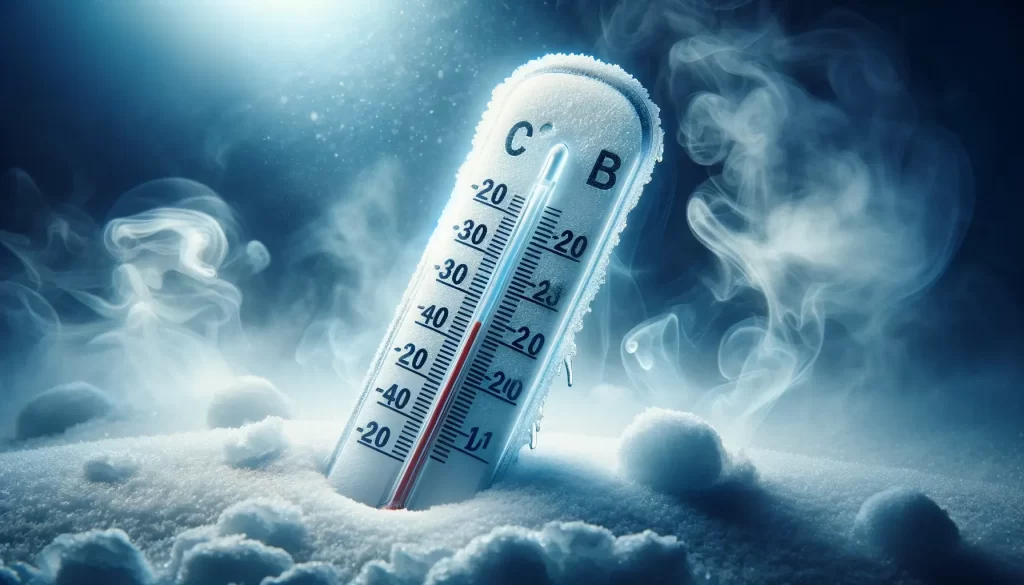
Cold-water Immersion Essentials
Cold-water immersion, often known as a cold plunge, is the technique of immersing yourself in cold water, which can range from an ice-filled bathtub to the brisk waters of a lake or ocean.
This method can also involve visits to specialized cold-plunge facilities or the purchase of a fully-equipped home cold-plunge tank, potentially costing up to $20,000.
It is critical to avoid cold waters with currents, such as rivers, to avoid being swept away or stuck beneath ice.
The Successful Plunge
For a successful cold plunge, the water temperature should be 50°F or lower.
Given that the waters of a frozen lake might be substantially colder, it’s best to verify the temperature before diving in. Cold-water immersion can be done in a single lengthy session or in several shorter sessions with pauses.
Beginners frequently begin with periods of 30 seconds to a minute, gradually escalating to sessions lasting five to 10 minutes.
Methods
The specific methods and proper timing for cold-water immersion sessions are still being researched, with optimal tactics still to be determined.
While cold plunging can be done every day, doing it after workouts may limit the potential for long-term performance gains.
A word of caution
Despite its benefits, cold plunge therapy has hazards, including hypothermia, especially for people with pre-existing medical issues.
Cardiovascular illness, hypertension, or any condition that inhibits the body’s sensitivity to cold require prudence and, in some situations, complete avoidance of cold plunge therapy.
DIY Cold Plunge: A Home Wellness Trend.
Cold plunge therapy has become more accessible as DIY methods have grown in popularity. From cold showers to handmade ice baths, making a cold plunge experience at home has become a viable wellness fad.
The key to a successful home cold plunge is progressive exposure and monitoring the body’s reactions to ensure safety and comfort.

Cryotherapy Chambers
These high-tech chambers expose the body to extremely cold air for a few minutes.
Imagine stepping into a freezer, but one designed to heal rather than store food.
Cryotherapy chambers are typically found in specialized clinics and offer a more intense cold exposure compared to ice baths.
The extreme cold triggers a rapid release of endorphins and a powerful anti-inflammatory response, providing quick and effective relief from pain and inflammation.
Sessions usually last between 2-4 minutes, making it a time-efficient option for busy individuals.
Picture yourself emerging from a cryotherapy chamber, feeling rejuvenated and pain-free, ready to take on the day with renewed vigor.

Who Should Steer Clear from Cold Plunges?
Certain people should be cautious or avoid cold plunge therapy entirely.
- Individuals having cardiovascular disorders or problems.
- Individuals diagnosed with hypertension.
- People suffering from Reynaud’s syndrome.
- Pregnant ladies.
- People with pre-existing heart diseases or circulation problems.
- People with a naturally low body temperature.
- Individuals with pacemakers or other implanted medical devices. (Unless authorized by a medical practitioner)
- Anyone with concerns should consult a physician before initiating cold plunge therapy.
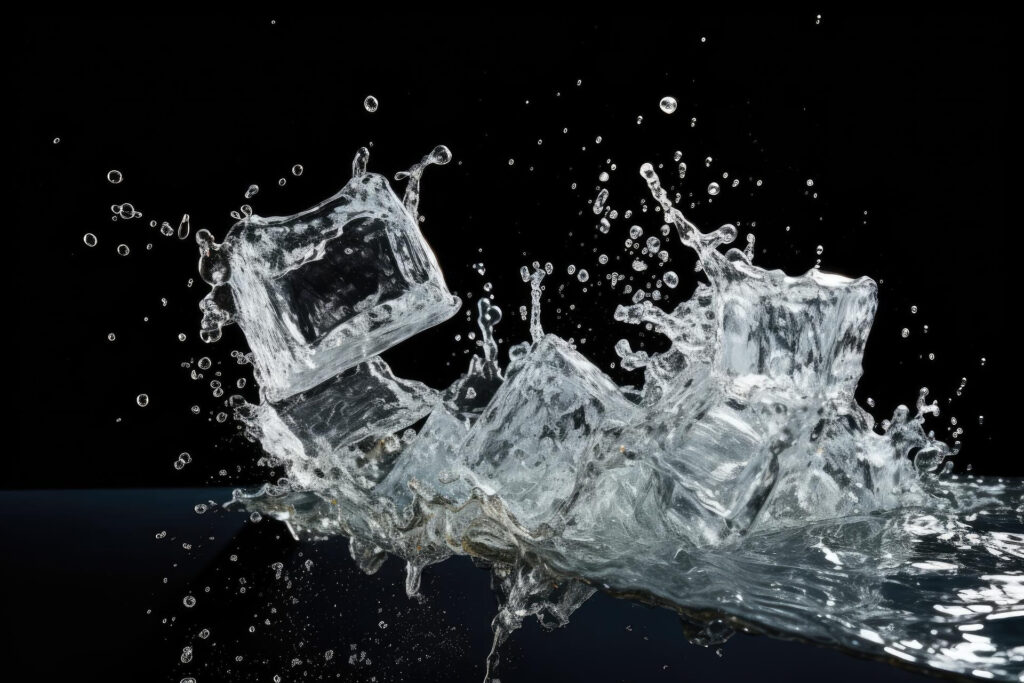
Expert Perspectives on Cold Plunge Therapy
Expert counsel is essential for managing the cold plunge adventure safely. Wellness practitioners underline the necessity of taking a personalized approach to cold plunges.
Taking into account personal health state as well as the ideal duration and frequency is necessary.
These insights are intended to encourage readers to explore the chilling benefits of cold plunge therapy with understanding and caution.
Accept the chill of cold plunge treatment with caution, and you may discover a great instrument for increasing your mental and physical strength.
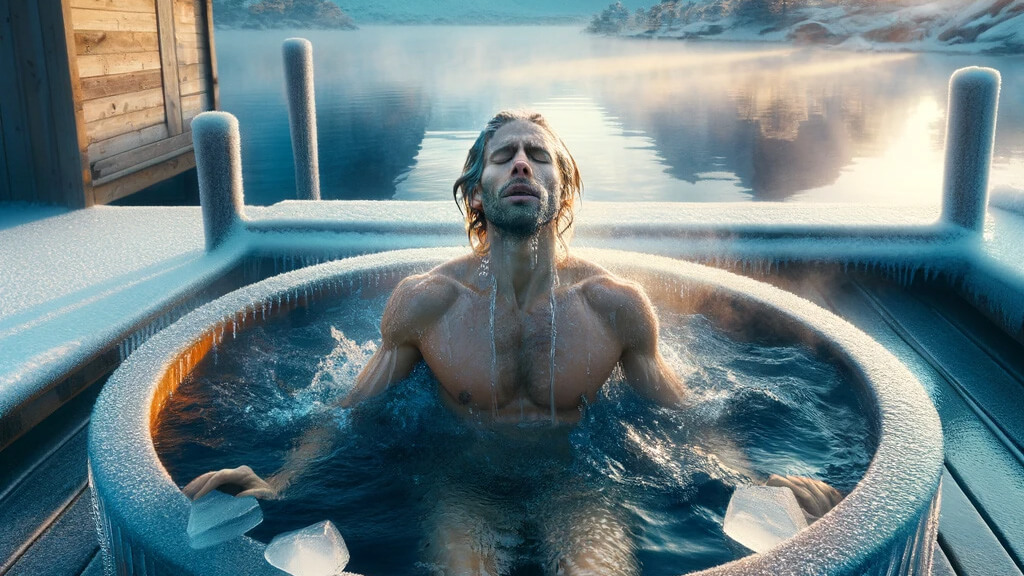
Unveiling the Science Beneath the Surface
While the refreshing shock of cold water is immediately felt, the intricate dance of physiological responses it triggers is less visible but equally fascinating.
When immersed in cold water, our bodies launch a series of adaptive responses designed for survival, yet beneficial in many unforeseen ways. For instance, the exposure initiates a flood of endorphins, the body’s natural painkillers, providing a mood boost and a sense of well-being.
Simultaneously, it kick-starts the immune system, leading to increased white blood cell production and improved circulation.
These mechanisms not only forge a body more resilient to stress and illness but also clarify why participants like Alex and Mark report such profound benefits.
Real-Life Success Stories: Cold Therapy for Pain Relief

Cold Water Swimming Resolves Neuralgia
Johanna Nordblad set the world record for swimming under ice with one breath in March 2021 at the age of 45. You can view her amazing story and record-breaking feat in the wonderfully produced Netflix mini-documentary Hold Your Breath: The Ice Dive (2022). While her dramatic swim is a classic daredevil story, the film also describes the chronic pain she suffered after emergency surgery damaged nerves in her leg.
Years before her record-setting swim, a mountain biking accident required fasciotomy to save her foot from amputation. However, the surgery also left her with severe, life-debilitating neuralgia. Some nights, she would wake up in the middle of the night, screaming in excruciating pain. Unable to provide relief through conventional treatment methods, her medical doctor prescribed ice water therapy for her problem foot.
She hated plunging her foot into freezing cold water — but only for the first two minutes. Then, the pain disappeared.
“The cold water was my savior,” Johanna explains. “It turned my agony into peace and allowed me to reclaim my life.”

Ice Baths for Chronic Back Pain
Mark Harper, a former firefighter, had suffered from chronic back pain for over a decade. The relentless discomfort made even simple tasks like walking and sitting a constant struggle. Desperate for relief, Mark turned to ice baths after reading about their potential benefits.
At first, the experience was daunting – the cold felt like a thousand needles piercing his skin. But within weeks, the ice baths began to reduce his inflammation and alleviate his pain.
“I was skeptical at first, but the results speak for themselves,” Mark says. “The cold has given me my life back, one ice bath at a time.”
Cryotherapy for Fibromyalgia
Sarah Collins, diagnosed with fibromyalgia, battled widespread pain and fatigue daily. Conventional treatments offered little relief, leaving her feeling hopeless. On a friend’s recommendation, Sarah tried cryotherapy, stepping into a cryotherapy chamber for the first time with a mix of hope and fear.
The cold was intense but bearable. After a few sessions, Sarah noticed a significant reduction in her pain levels and an increase in her energy.
“Cryotherapy has been a game-changer for me,” Sarah shares. “It’s like a switch has been flipped, turning off my pain and giving me a new lease on life.”
Polar Plunges for Arthritis
Tom Reynolds, an outdoor enthusiast, refused to let arthritis slow him down. However, the constant joint pain was becoming too much to bear. Inspired by stories of cold water therapy, Tom began participating in polar plunges, immersing himself in icy waters regularly.
The initial shock was overwhelming, but the long-term benefits were undeniable. His joint pain decreased significantly, and he regained much of his mobility.
“The cold is my secret weapon,” Tom reveals. “It’s as if the ice melts away my pain, allowing me to enjoy my passions once more.”

Conclusion
Cold plunge therapy offers a refreshing, natural solution to chronic pain, turning the icy chill into a soothing balm.
Embrace the cold and discover a new path to pain relief, as transformative as a winter turning into spring.
With its numerous benefits, from reducing inflammation and numbing pain to enhancing recovery and boosting mood, cold therapy can be a powerful ally in your battle against chronic pain.
By approaching it with care and consistency, you can unlock a new level of well-being and resilience.
So, take the plunge and let the cold revitalize your body and spirit, opening the door to a brighter, pain-free future.
While cold therapy might initially appear to work miracles for patients, these case studies highlight its scientifically grounded benefits.
Far from being miraculous, cold therapy is a consistent, reliable, and predictable treatment that promotes the body’s natural healing processes. It effectively reduces reliance on pharmaceuticals and their potential side effects.
References
- Gizińska M, Rutkowski R, Romanowski W, Lewandowski J, Straburzyńska-Lupa A. Effects of whole-body cryotherapy in comparison with other physical modalities used with kinesitherapy in rheumatoid arthritis. BioMed Research International. 2015 Oct 21;2015. Link
- Klemm P, Hoffmann J, Asendorf T, Aykara I, Frommer K, Dischereit G, Müller-Ladner U, Neumann E, Lange U. Whole-body cryotherapy for the treatment of rheumatoid arthritis: a monocentric, single-blinded, randomised controlled trial. Clin. Exp. Rheumatol. 2022 Mar 1;40(11):2133-40.
- Sadura-Sieklucka T, Sołtysiuk B, Karlicka A, Sokołowska B, Kontny E, Książek K. Effects of Whole Body Cryotherapy in Patients with Rheumatoid Arthritis Considering Immune Parameters. Reumatologia. 2019;57(5):266–272. DOI: 10.5114/reum.2019.90825.
- Verme F, Scarpa A, Varallo G, Piterà P, Capodaglio P, Fontana JM. Effects of Whole-Body Cryostimulation on pain management and disease activity in active Rheumatic Polymyalgia: a Case-Report. Biomedicines. 2023 May 31;11(6):1594.

